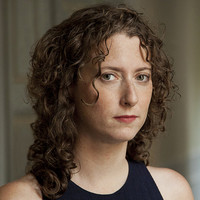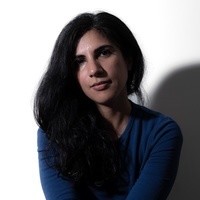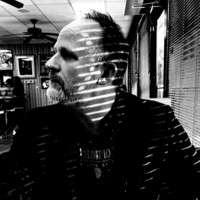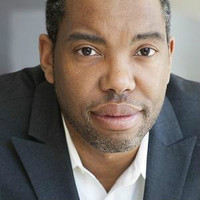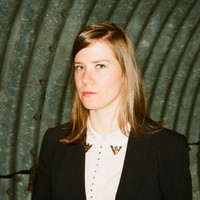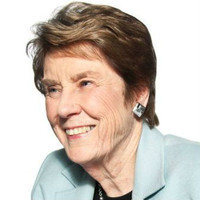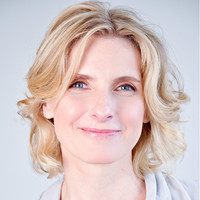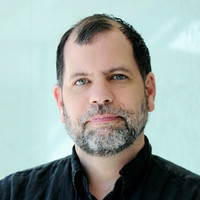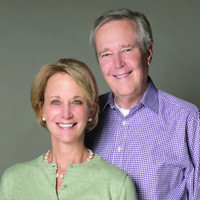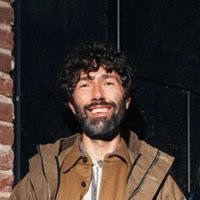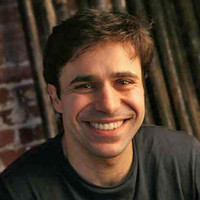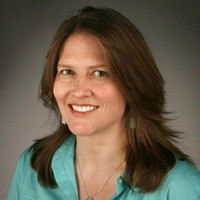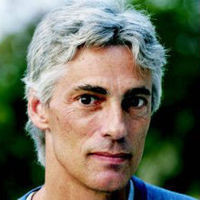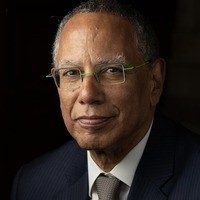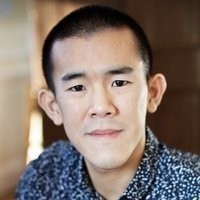Jessica Bruder is a journalist and author of the book Nomadland.
“I don’t do a hard sell. I’ll tell people what my MO is, but I don’t push people to talk with me. I want to go deep with people. I want to be able to have the time to just sit with them and to say, ‘start at the beginning.’ Sometimes going chronologically will just take you to these places that wouldn’t have come up if I’ve just done a very guided interview. So I hung out. I’m not relentless. I don’t wear people down. But I stick around. If people just want me to fuck off, I fuck off, and I talk to other people..”
Thanks to Mailchimp and The London Review of Books for sponsoring this week's episode.
